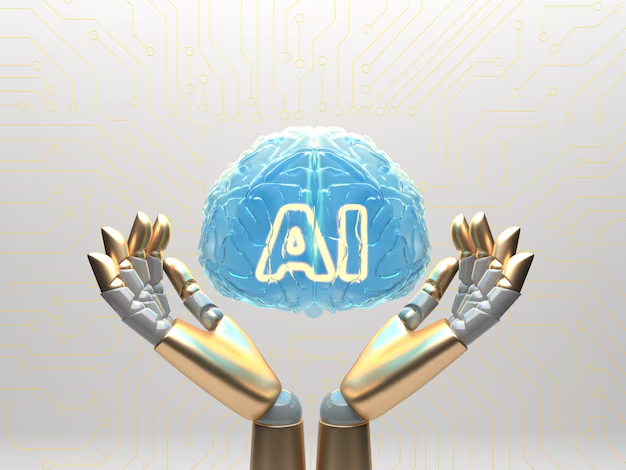
Artificial Intelligence (AI) has rapidly evolved over the past few decades, transforming how we live, work, and interact with the world around us. From virtual assistants like Siri and Alexa to autonomous vehicles and sophisticated healthcare systems, AI is becoming an integral part of our daily lives. But how did AI rise to such prominence, and how is it shaping the future? Let’s explore.
The Evolution of AI
AI, in its simplest form, refers to the ability of machines to perform tasks that typically require human intelligence, such as problem-solving, decision-making, and language understanding. Early AI research began in the mid-20th century, but it wasn’t until the advent of powerful computing resources and advancements in machine learning algorithms that AI truly gained traction.
In the 2010s, deep learning and neural networks significantly boosted AI’s capabilities. These technologies enabled machines to learn from vast amounts of data, recognizing patterns and making decisions more accurately than ever before. Today, AI is used across industries, from finance and healthcare to entertainment and manufacturing.
AI in Healthcare
AI’s role in healthcare is one of its most exciting applications. Machine learning algorithms are being used to analyze medical data and identify patterns that humans might miss. AI-powered diagnostic tools can detect diseases like cancer or heart conditions early, improving treatment outcomes. Additionally, AI is used in drug discovery, helping researchers develop new medications faster and more efficiently.
AI in Business
AI is transforming business operations, improving customer service, and boosting efficiency. Chatbots and virtual assistants are streamlining customer interactions, while AI-driven analytics help businesses predict market trends and consumer behavior. Automation is also helping businesses reduce costs by streamlining repetitive tasks and optimizing supply chains.
AI in Transportation
Self-driving cars are one of the most talked-about AI innovations. Companies like Tesla, Waymo, and Uber are heavily investing in autonomous vehicles, which could revolutionize transportation. AI-powered navigation systems also help drivers avoid traffic and find the quickest routes, reducing travel time and fuel consumption.
AI in Everyday Life
AI has seamlessly integrated into everyday life, from personalized recommendations on streaming platforms like Netflix to AI-driven voice assistants in smartphones and smart homes. These technologies learn user preferences over time, providing a more tailored and efficient experience.
FAQs
- What is AI? AI refers to machines that can perform tasks requiring human-like intelligence, such as learning, problem-solving, and decision-making.
- How does AI work? AI works by using algorithms and large datasets to recognize patterns, make decisions, and learn from past experiences, often through machine learning and deep learning techniques.
- Is AI dangerous? While AI holds great promise, there are concerns about its ethical use, job displacement, and misuse in areas like surveillance. Proper regulations and safety measures are necessary to mitigate these risks.
- How is AI used in healthcare? AI is used in healthcare for diagnosing diseases, predicting patient outcomes, and speeding up drug discovery. It can analyze large datasets to identify patterns and assist doctors in making better decisions.
- Can AI replace human workers? AI is likely to automate certain tasks but also creates new opportunities. While it may replace some jobs, it also allows workers to focus on more complex, creative, and strategic tasks.
- What are AI’s applications in business? In business, AI enhances customer service (via chatbots), streamlines operations (via automation), and helps predict market trends with data analysis.
- What is the future of AI? The future of AI is bright, with innovations expected in areas like healthcare, autonomous vehicles, and smart cities. As AI continues to evolve, its potential applications will only expand.
Conclusion
AI is undoubtedly transforming the world as we know it. From revolutionizing healthcare and business to changing how we interact with technology daily, AI’s impact is far-reaching and profound. While challenges such as ethics and job displacement remain, the rise of AI presents vast opportunities for progress and innovation. As AI continues to evolve, it will likely shape the future in ways we can only begin to imagine.
